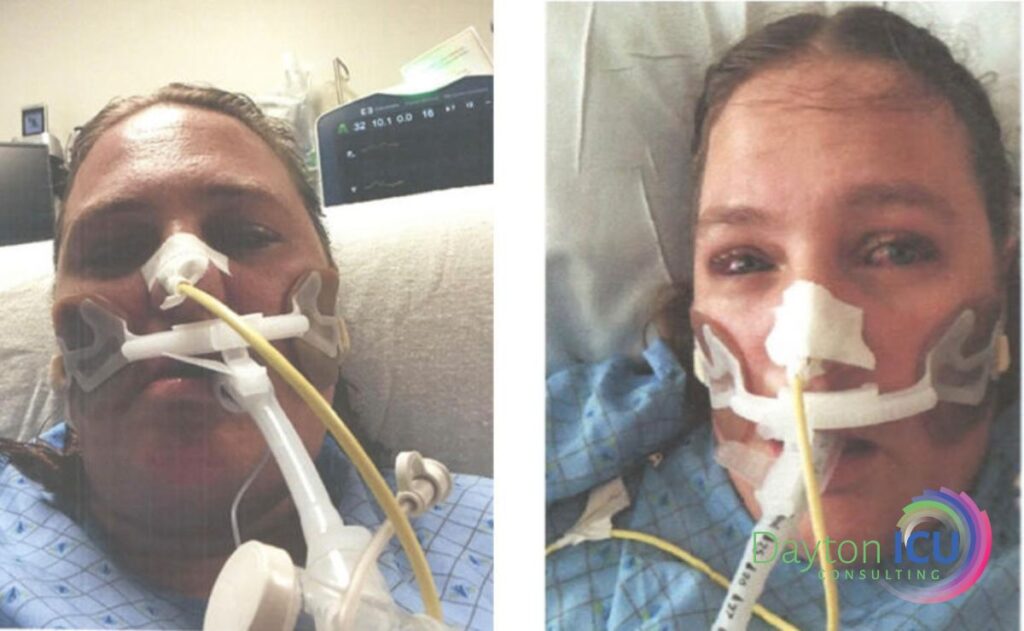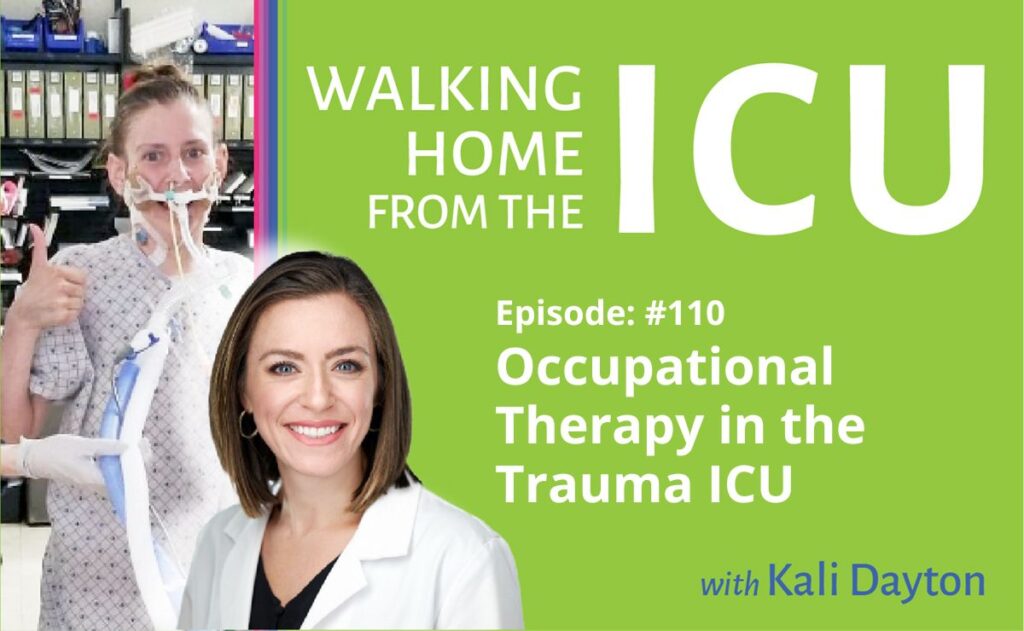
Walking Home From The ICU Episode 112: Unplanned Extubations
What does research reveal about how and why do unplanned extubations occur? How dangerous are unplanned extubations? We dive into it deep in this episode. Episode Transcription One of the common foundational reasons for giving sedation automatically after intubation is for an inherited sense of safety. Between being uneducated about the risks and repercussions of
Learn More > from Walking Home From The ICU Episode 112: Unplanned Extubations





